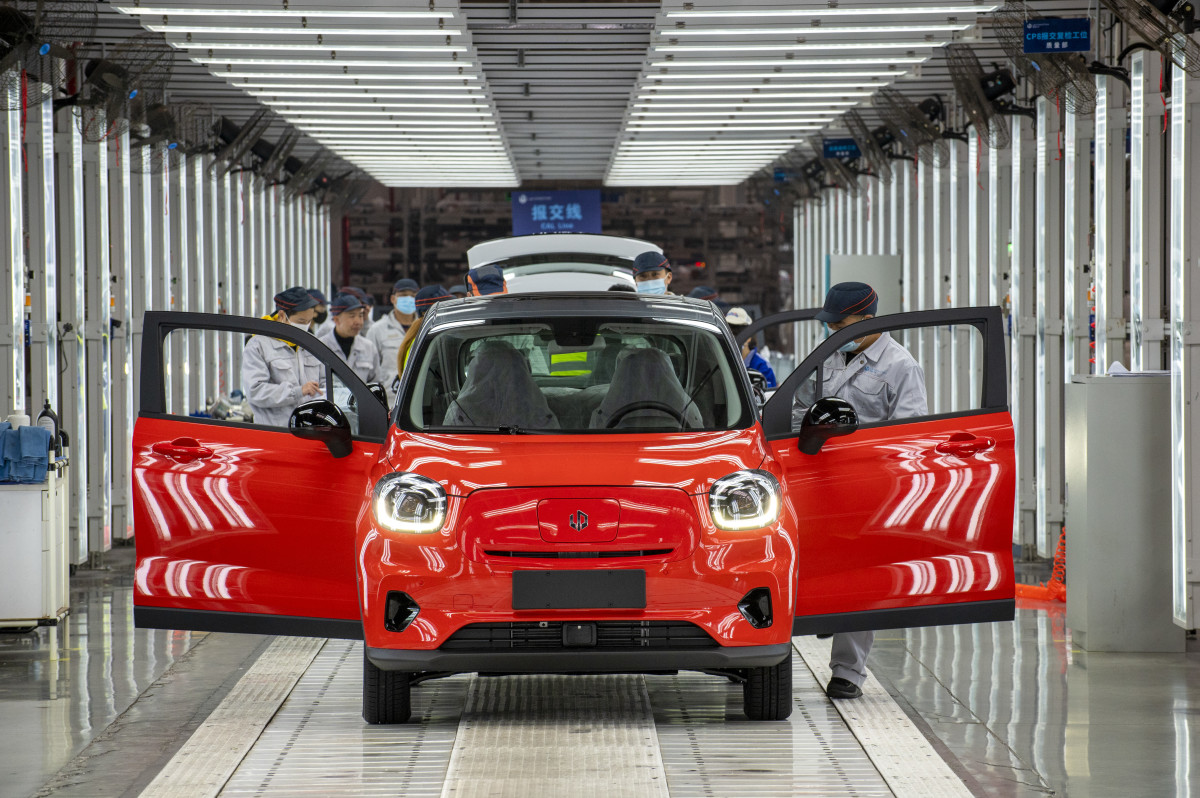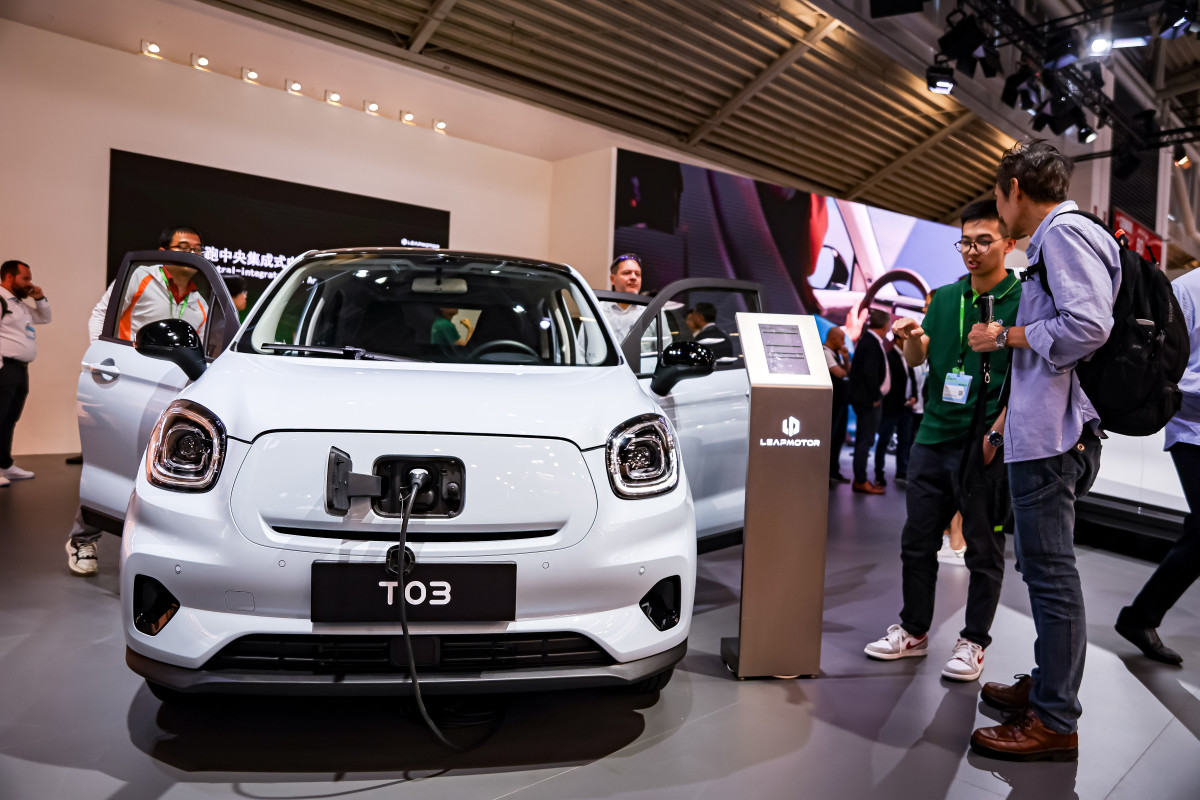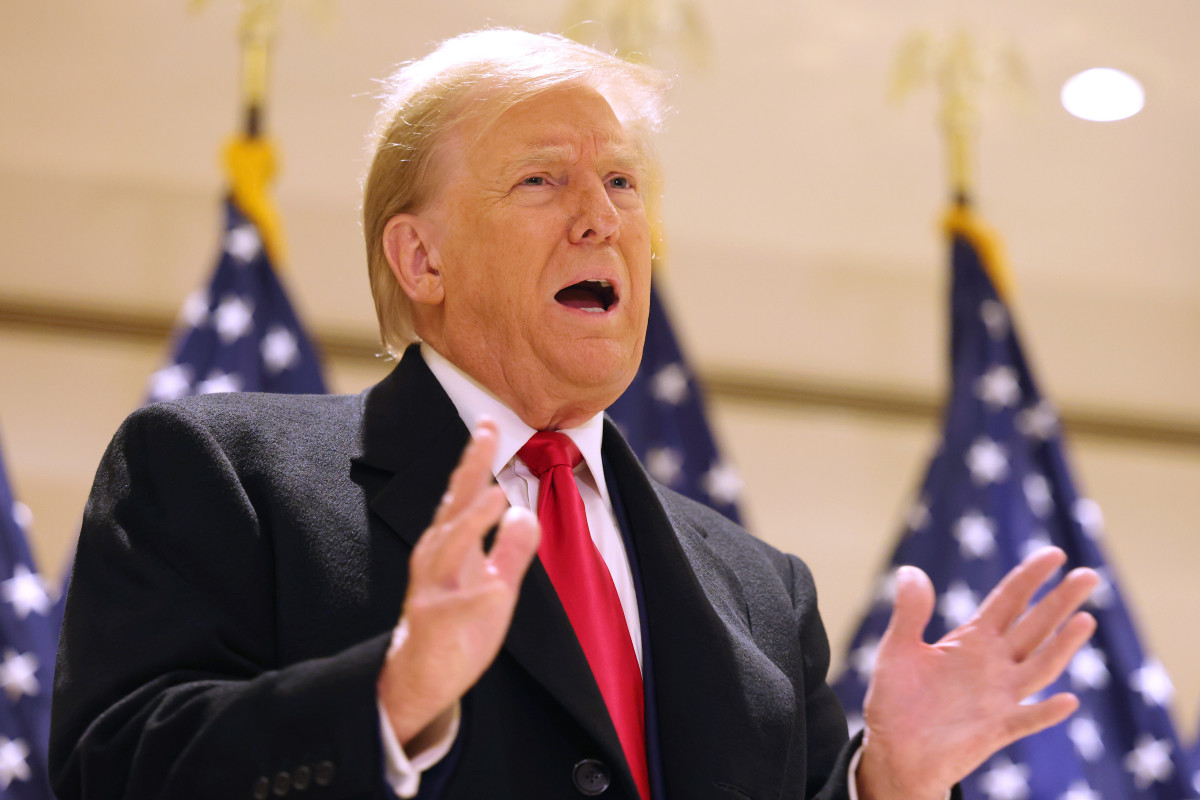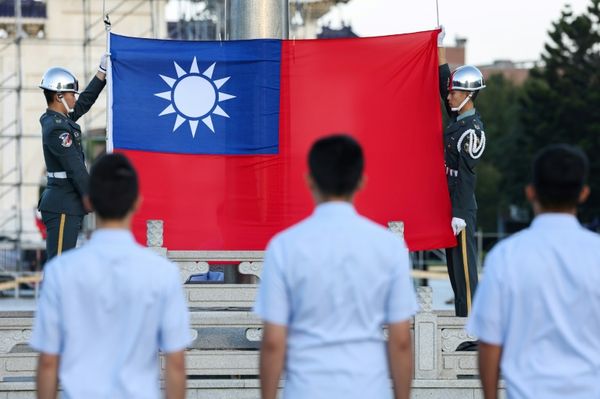
As cheap auto imports from Chinese manufacturers continue to be on the tip of the tongue of American politicians and automotive industry figureheads, one brave Detroit big three automaker is using its East-West alliance to bring the competition closer to a vital auto market.
Related: Why Nissan's future plans for its U.S. offerings is vital for its reputation

As per report by Reuters, Leapmotor is looking to start building EVs at a Stellantis (STLA) plant in Poland as early as spring of 2024.
The factory in Tychy, Poland, which assembles Stellantis' pint-sized Fiat 500 city car, will begin to assemble Leapmotor's very own electric city car later this year, as the 500 will end production due to stricter European rules.
Dubbed the T03, Leapmotor's city car is a tiny 5-door hatchback built for tight city streets. Smaller than a contemporary city car like Mitsubishi's Mirage, the T03 has a lot going for it given its small size. Prices haven't been confirmed, but it is slated to undercut Stellantis' own Citroen e-C3, which costs the equivalent of $25,200.

The tiny car is a huge step in bridging the gap between Eastern and Western auto firms, as it marks the first step since their historic deal in October 2023. Stellantis currently owns 21% of Leapmotor, which it bought for $1.6 billion in October 2023.
As part of the joint venture, Stellantis has the exclusive rights to build and sell the Chinese vehicles outside of its homeland. However, the freedom enacted by this deal may have some in power stateside worried, as Stellantis CEO Carlos Tavares told Automotive News last month that it could also build Leapmotor's EVs in the States.
“At one point in time, Western governments may be tempted to block Chinese exports,” Tavares told Automotive News in a February interview. “We have the opportunity to assemble Leapmotor cars inside the bubble. It could be Europe, it could be North America.”

Currently, three different Republican politicians – Senators Josh Hawley (R-MO.) and Marco Rubio (R-FL), as well as former president and current presidential candidate Donald Trump have issued their own sets of rules and tariffs with Chinese auto imports.
In a rally on March 16, Trump had a hard-line message to Chinese brands who dare sell a single car in the states if he were elected.
“We’re going to put a 100% tariff on every single car that comes across the line, and you’re not going to be able to sell those cars if I get elected, said Trump.”
More Business of EVs:
- A full list of EVs and hybrids that qualify for federal tax credits
- Here’s why EV experts are flaming Joe Biden’s car policy
- The EV industry is facing an unusual new problem
During his tenure, the former president imposed a 25% tariff on Chinese auto imports, which has largely prevented many automakers of Chinese origin from importing their vehicles into the United States.
Stellantis is not the only big name brand to in cahoots with a Chinese automaker. Its biggest rival, General Motors, is helping Chinese firms build cheap EVs.
Currently, GM's joint venture with Chinese state-owned automakers SAIC and Wuling produces EVs under the Baojun brand. One of its vehicles, the Baojun Yep, is a pint-sized 4x4-style EV with a range of 188 miles and a price tag of around $11,000.
Related: Veteran fund manager picks favorite stocks for 2024







